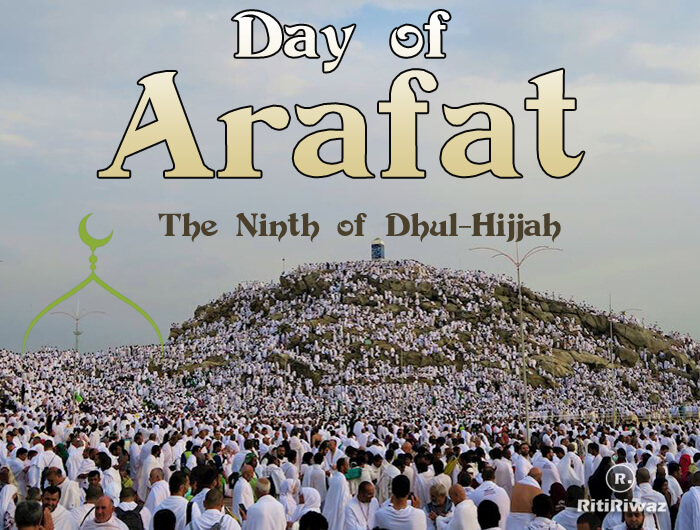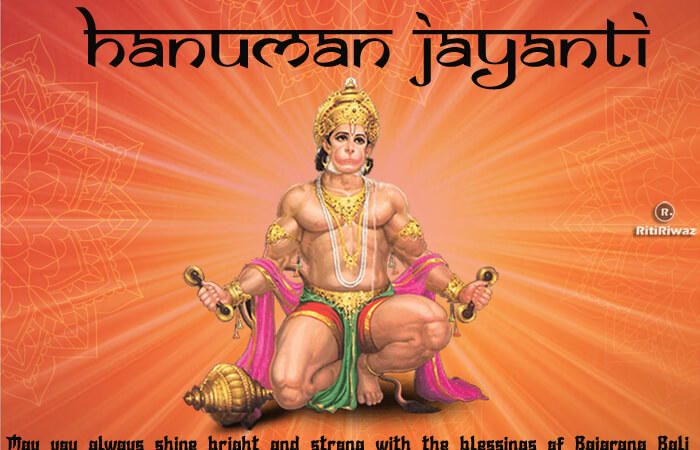Day of Arafat

Day of Arafat on the Islamic calendar falls on the ninth day of the month of Dhul-Hijjah (the Month of Hajj), the twelfth and final month of the Islamic calendar. It comes one day before Eid al-Adha (the Feast of Sacrifice). In 2024 day of Arafat will be on June 14-15 (Friday – Saturday) and the first day of the Eid Al-Adha will be on June 17 (Monday).
Dhul Hijjah is the Holy month of the Pilgrimage. This month holds the best ten days of the year, and it is in Dhul Hijjah where millions of Muslims from all over the world come together to perform Hajj. Hajj will commence on June 26.
The day of ‘Arafah is the most important day for a Haji. For those who are unable to perform Hajj, it is highly recommended to fast on the Day of Arafah. The day of Arafat is among the most blessed times of the year in Islam. The virtue of fasting on the day of Arafat is great and it is recommended to keep fast on the day of Arafat. It may be a bit difficult for the weak immune system pilgrims that cannot pray, supplicate and keep their fast at the same time but if you keep fast at this day, its blessings will be remarkable.
Mount Arafat is a granite hill about 20km southeast of Makkah in the plain of Arafah. It is often called the “Mountain of Mercy,” because it is the hill upon which Prophet Ibrahim (as) was prepared to sacrifice his son Ismail (as) before Allah mercifully substituted a ram for sacrifice in place of the boy. It is also the place where on this day, Hajj pilgrims pause before moving on to Makkah. This is the most important ritual of the Hajj, without which the Hajj would be incomplete
Just as Laylat al-Qadr is the pinnacle of the last ten nights of Ramadan, and is thus the best night of the year. Similarly, the Day of ’Arafah is the pinnacle of the first ten days of Dhul Hijjah. It is thus the best day of the entire year.
Five recommendations for the Day of Arafat
1. Arafah Prayer
We should make dua – spend as much of the day as possible in worship, with the most important times being between Dhuhr and Maghrib.
2. Arafah Fast
Fasting on the Arafat Day is recommended and earns great reward – the forgiveness of our sins, not only in the year just gone but in the year to come. Unlike at Ramadan, fasting at this time is optional for Muslims, but is expected for all those not performing hajj in Arafah. For we believe our fasting will reap us great benefits, and ensure our sins will be forgiven.
3. Seek Forgiveness
Asking Allah (SWT) for the forgiveness of our sins.
“On this day, Allah, the most Exalted, descends to the nearest heaven, and He is proud of His servants on the earth and says to those in heavens, look at My servants, they have come from far and near, with hair disheveled and faces covered with dust, to seek my Mercy. Even if their sins are as much the sand or the froth of the sea, I shall forgive them.”
4. Make the repeated utterings of Dhikr
Dhikr literally means “remembrance, reminder” or “mention, utterance”. They are Islamic devotional acts, in which phrases or prayers are repeated. It can be counted on a set of prayer beads or through the fingers of the hand.
5. Give a Prophetic Qurbani
If we can afford to, giving extra Qurbani brings extra rewards on the Day of Arafah – doubling our benefit to others by providing even more families with the meat of our sacrifice, to be enjoyed during the days of Eid al-Adha.






